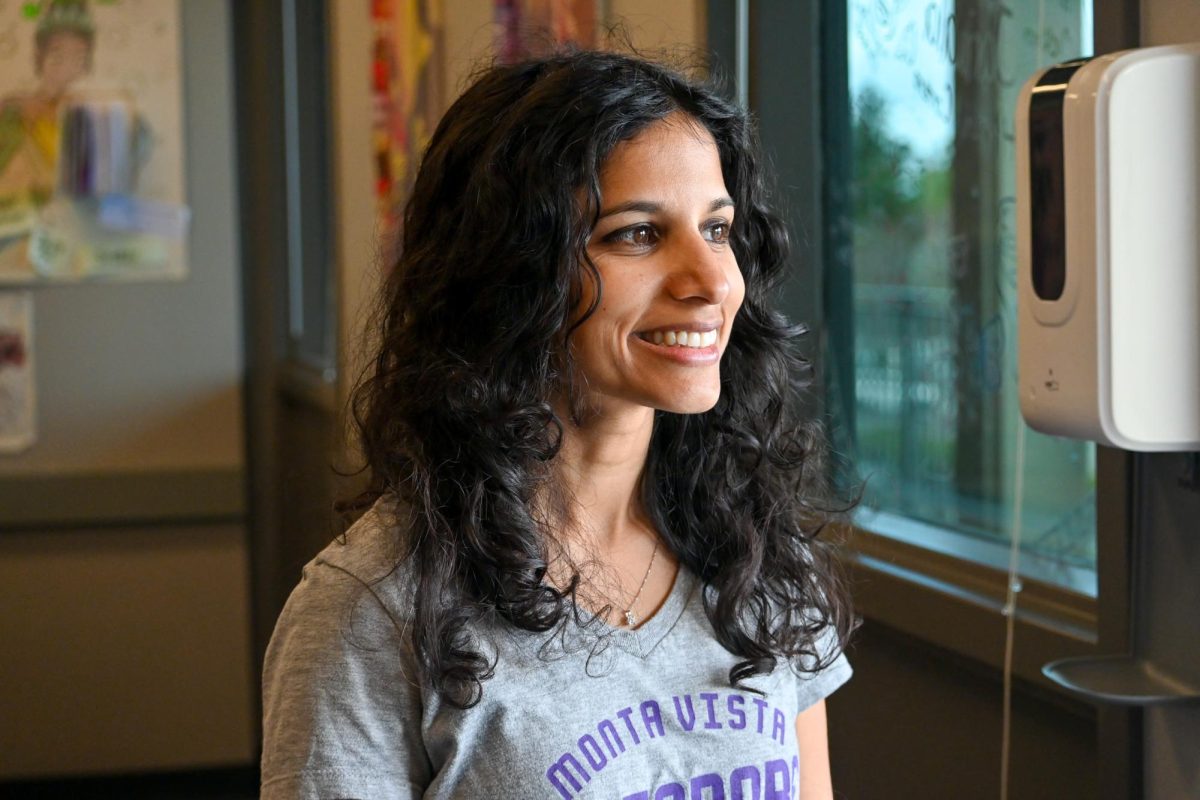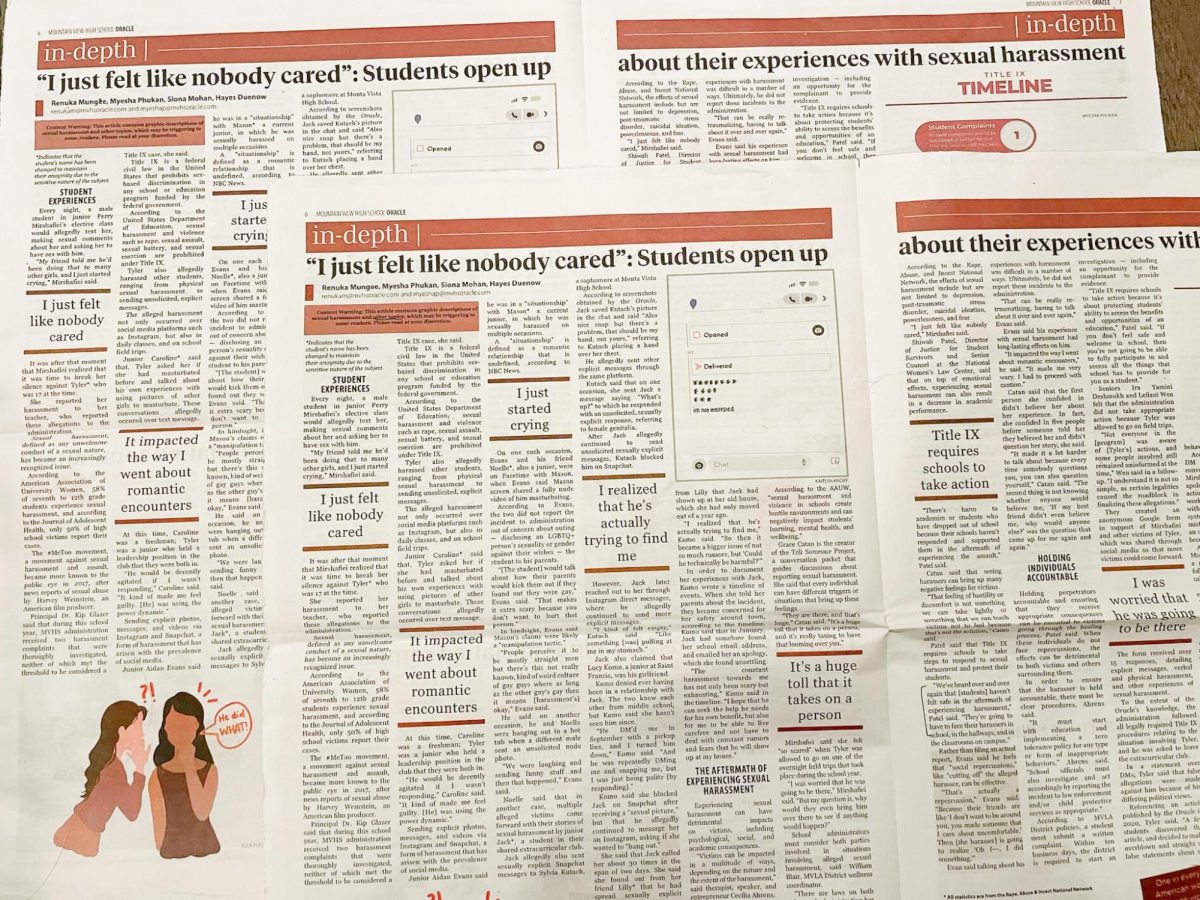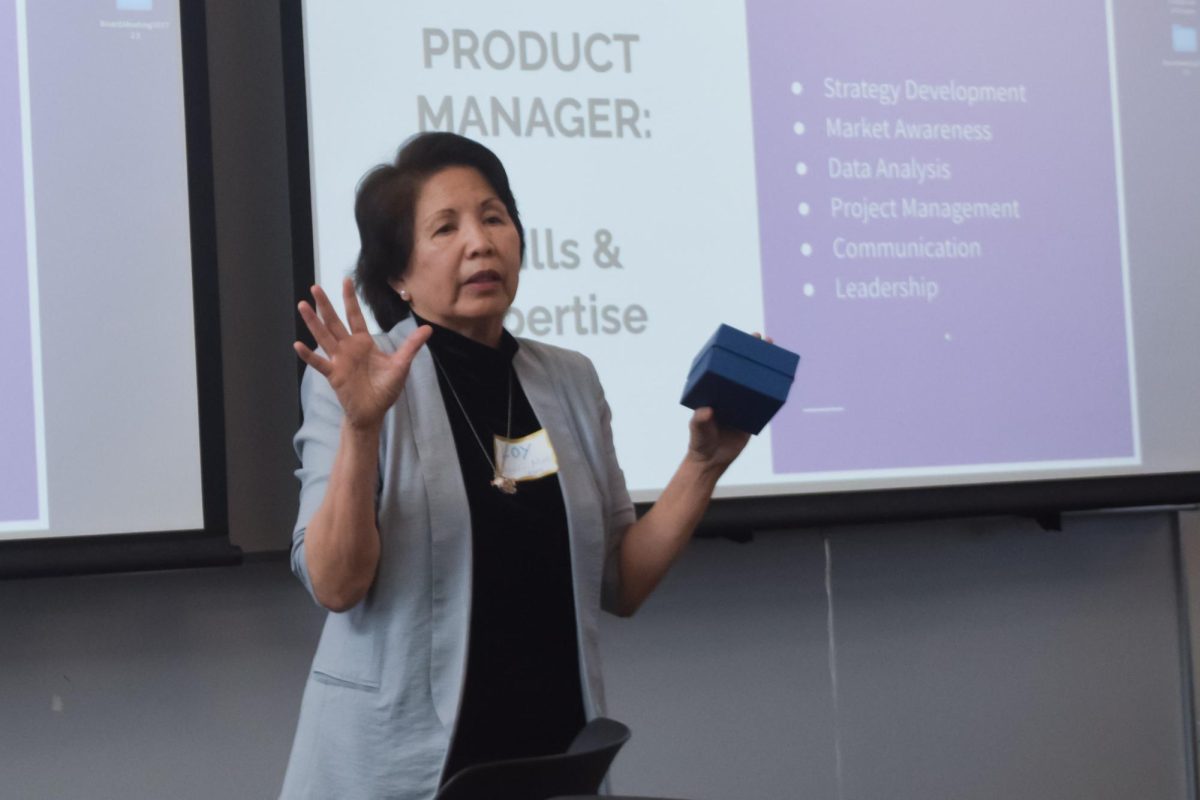Click on each photo to see that chair’s opinions on the new standards!
The Common Core standards are, according to the government, “standards designed to ensure that students graduating from high school are prepared to enter credit bearing entry courses in two or four year college programs or enter the workforce.”
Previously, states were held accountable for creating their own standards, which were then tested individually — California students remember taking STAR tests every year that measured how well teachers taught the standards over the course of the year. While still state-led, these standards as well as the new end-of-year assessments to take the place of the old state tests are a collaboration between all but that states of Texas, Virginia, Alaska, Nebraska, and Minnesota as well as Puerto Rico. They will focus on skills students need to enter college or the workforce, and are based on the standards of the highest ranked states in an effort to bring the entire country to the same high rank. Prior to the creation of the Common Core Standards, each of the 50 states had different standards for their students, making it difficult to judge which states were lower performing than others. The first of the new assessments will be given at the end of the 2014-2015 school year, after which schools across the nation will be able to see which areas need work, and which areas students perform well in.
Science Department Chair Kavita Gupta
Q.How will the Common Core standards affect the Science Department?
A. We’re still trying to figure it out — most teachers are trying to take an in-depth look at the Common Core curriculum to see what part we’re already doing and what parts we need to modify. Common Core is really about building skills — research, inquiry, collaboration and supporting students while they do it, which I think is what most teachers at [MVHS] are doing anyways.
Q. As a Department Chair, how do you think the science teachers will change how they teach?
A. There will be some growth in lesson plans — there could be more interdisciplinary collaborations, more research and inquiry based projects to teach skills. The biggest advantage I see is that it will further enhance cross-curricular collaboration amongst teachers, and also will help students get the same message from many different subject areas, such as how to apply different things they learn in theory in real life.
Q.What do you think of the new Common Core Standards?
A. Common Core is really how most of the things should have worked out in a classroom. Its about teaching skills rather than just content, because content can happen at anytime while skills last a lifetime.
[divider type=””]Modern Languages Chair Molly Guadiamos
DISCLAIMER: Author is a Spanish 3 student of Sra. Guadiamos
Q. What were your first reactions to the Common Core standards?
A. To us, [the Modern Language Department] what we saw was “Great, I’ve been teaching that all along.” It’s not anything new, but it says that its not enough to just memorize—you need to be able to discuss and solve problems, and analyze. Hopefully many teachers are teaching that way, it really shouldn’t be anything too new.
Q. How do you think that the new standards will affect the Modern Language Department?
A. I think our attitude is that we’re already doing these types of tasks, and that we’re going to be trying different ways we can simulate those tasks in Modern Language classes. We really see our position as supporting the standards in our classes.
Q. What are your first steps as a department going to be?
A. Because Modern Languages aren’t going to be tested specifically on the new assessments, I think that we’re going to talk and choose which standards we feel apply best to our department and try to develop activities to implement them this year. It’ll probably start out with a lot of teacher collaboration as we find which ones to target first, rather than anything in the classroom.
[divider type=””]English Department Chair David Clarke
Q. Explain how the Common Core Standards will affect the English department, if they will at all.
A. Previously, there were old standards that we had to meet, and the way that we could tell if they’d been met was through the STAR testing. The standards weren’t really the focus though, the focus was the skills that you needed to succeed in high school and and whatever you do afterwards. I think that we’ve been doing really well, our students have been very successful.
American Studies and World Core are great examples of the standards as classes.
Q. Do you have any examples of anything cross-curricular you are going to apply?
A. One of the big things is what they call “writing across the curriculum.” If you have to write a lab report — you have to write. Is that really an English thing? No, that’s really just a life thing. I think that what’s going to change is how some people teach writing — teach the content, how to think and analyze rather than how to build a sentence. I think that people are going to be teaching how to write, which really hasn’t happened before. There’s a group of us who are talking about research across the curriculum — common vocabulary, common process that everybody uses in every different discipline, and how it’s going to come together.
Q. Do you have anything that you would like to see changed about the standards?
A. No, I think it‘s really easy to nitpick these things — it‘s not really about the standards themselves, more about the instrument that embodies the standards, if it’s a legitimate and reasonable assessment of student skills.The standards are pushing people in the right direction. What’s important is if the test is a valid measure of student achievement.
























